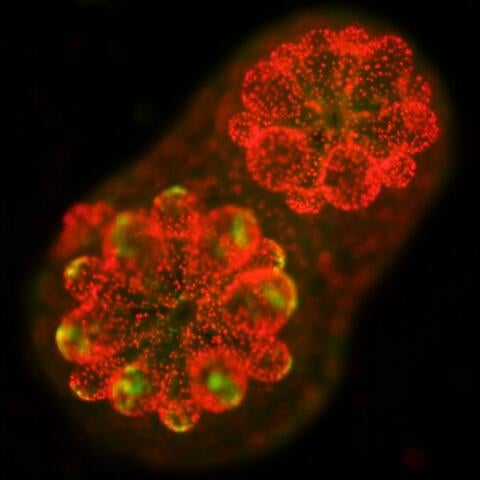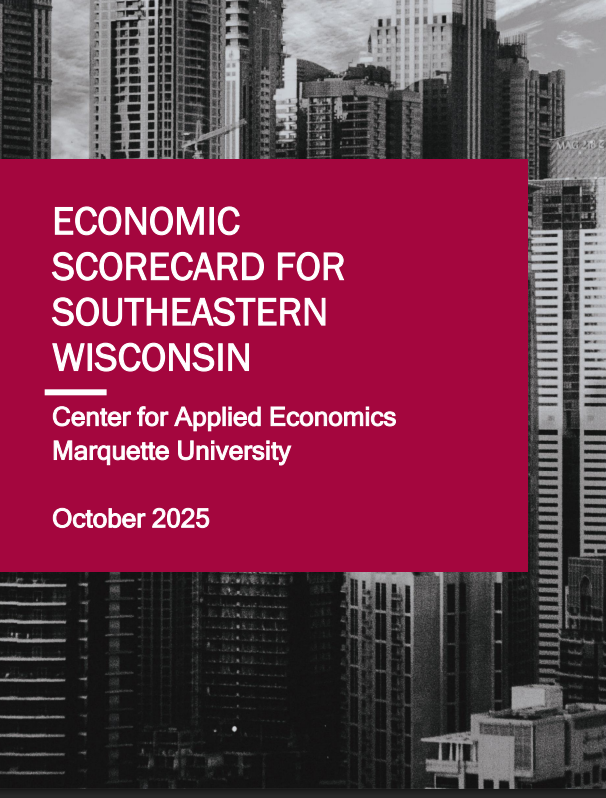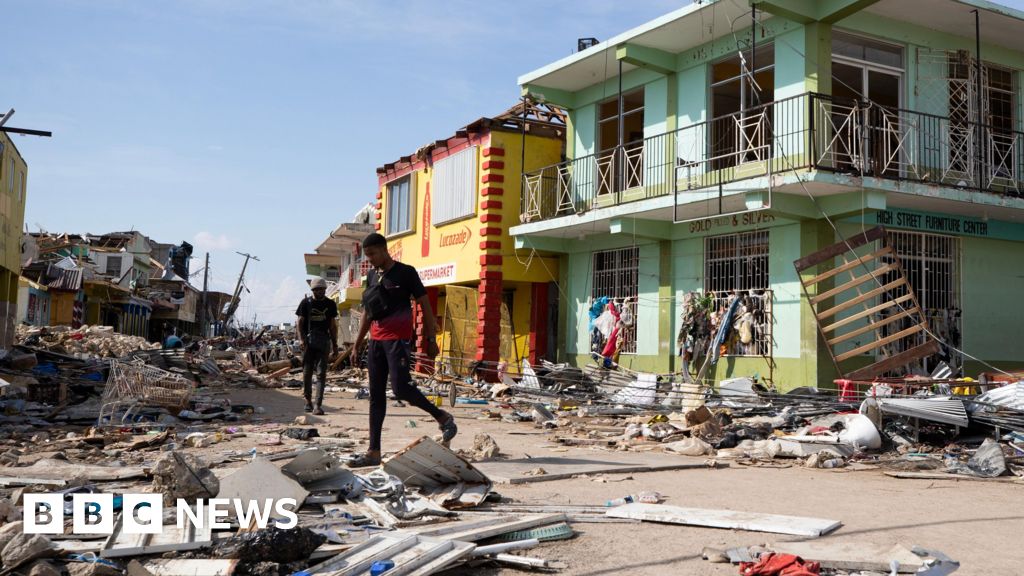Stop Racist Migration Policies in the Dominican Republic – Amnesty International

Report on Human Rights and Sustainable Development Goal Compliance in the Dominican Republic
Introduction: An Assessment of Migration Policies
This report examines the migration policies enacted by the government of the Dominican Republic under President Luis Abinader. It assesses the impact of these policies on Haitian nationals and Dominicans of Haitian and Afro-descent. The analysis focuses on the alignment of current practices with the United Nations Sustainable Development Goals (SDGs), highlighting significant areas of non-compliance.
Analysis of Policy Impacts on Sustainable Development Goals
Government policies have resulted in human rights violations rooted in systemic racial discrimination. These actions present considerable challenges to the nation’s commitment to the 2030 Agenda for Sustainable Development.
Systemic Discrimination and Reduced Inequalities (SDG 10)
Widespread reports indicate the use of racial profiling and collective expulsions targeting individuals of Haitian descent. These practices are in direct contravention of SDG 10 (Reduced Inequalities), which calls for the empowerment and inclusion of all, irrespective of origin or ethnicity (Target 10.2) and the elimination of discriminatory policies (Target 10.3). The collective nature of these expulsions, particularly during a humanitarian crisis in neighboring Haiti, also conflicts with principles of orderly and safe migration outlined in Target 10.7.
Barriers to Good Health and Well-being (SDG 3)
The implementation of new protocols conditioning medical care on immigration status creates significant barriers to healthcare access. This policy disproportionately affects undocumented migrants and stateless individuals, undermining progress toward SDG 3 (Good Health and Well-being).
- The policy directly opposes the objective of Universal Health Coverage (Target 3.8).
- It places pregnant women and newborns at acute risk, jeopardizing efforts to reduce maternal and neonatal mortality (Targets 3.1 and 3.2).
Challenges to Peace, Justice, and Strong Institutions (SDG 16)
The current situation reflects a weakening of institutional commitments to justice and human rights, which is central to SDG 16 (Peace, Justice and Strong Institutions). Key areas of concern include:
- Lack of Equal Access to Justice: Racial profiling and collective deportations without due process violate the principle of equal access to justice for all (Target 16.3).
- Statelessness and Legal Identity: Barriers to documentation for Dominicans of Haitian descent impede the goal of providing legal identity for all (Target 16.9).
- Protection of Fundamental Freedoms: The reported stigmatization and silencing of individuals and organizations advocating for racial justice and migrants’ rights contravene the mandate to protect fundamental freedoms (Target 16.10).
Recommendations for SDG Alignment
To align with its international commitments under the 2030 Agenda, the Government of the Dominican Republic is urged to implement the following measures:
- Cease Discriminatory Practices: Immediately end collective expulsions and the use of racial profiling in immigration enforcement to comply with the principles of SDG 10 and SDG 16.
- Ensure Universal Access to Healthcare: Rescind all policies that restrict access to healthcare based on immigration or documentation status, thereby upholding the commitments of SDG 3.
- Protect Human Rights Defenders: Uphold the rights of individuals and organizations working on issues of racial justice and migration, ensuring a safe environment for civil society in accordance with SDG 16.
SDGs Addressed in the Article
-
SDG 3: Good Health and Well-being
The article highlights the denial of access to social services, specifically medical care, based on immigration status. It explicitly mentions that “a new protocol condition medical care to immigration status, putting health at risk, especially for pregnant women and newborns.” This directly connects to the goal of ensuring healthy lives and promoting well-being for all at all ages.
-
SDG 10: Reduced Inequalities
This is a central theme of the article. It discusses “racist migration policies,” “racial profiling,” and discrimination against Haitian nationals and Dominicans of Haitian descent. The text calls for an end to these discriminatory practices and the promotion of inclusion, which is the core of SDG 10. The issue of collective expulsions also relates to policies on migration and mobility of people.
-
SDG 16: Peace, Justice and Strong Institutions
The article addresses multiple aspects of SDG 16. It points to “human rights violations rooted in structural racism,” the problem of statelessness for Dominicans of Haitian descent, and the silencing of “those advocating for racial justice and migrants’ rights.” These issues relate to promoting the rule of law, ensuring equal access to justice, providing legal identity for all, and protecting fundamental freedoms.
Specific Targets Identified
-
Under SDG 3: Good Health and Well-being
- Target 3.8: Achieve universal health coverage, including financial risk protection, access to quality essential health-care services and access to safe, effective, quality and affordable essential medicines and vaccines for all. The article’s call to “guarantee access to healthcare without discrimination” and its mention of barriers to medical care for migrants and undocumented people directly relates to achieving universal health coverage.
-
Under SDG 10: Reduced Inequalities
- Target 10.2: By 2030, empower and promote the social, economic and political inclusion of all, irrespective of age, sex, disability, race, colour, ethnicity, origin, religion or economic or other status. The article’s focus on “racist migration policies” and “racial profiling” against people of Haitian and afro descent highlights a clear violation of this target.
- Target 10.3: Ensure equal opportunity and reduce inequalities of outcome, including by eliminating discriminatory laws, policies and practices and promoting appropriate legislation, policies and action in this regard. The call for President Luis Abinader to “end these discriminatory practices” and “stop racist migration policies” aligns perfectly with this target.
- Target 10.7: Facilitate orderly, safe, regular and responsible migration and mobility of people, including through the implementation of planned and well-managed migration policies. The mention of “collective expulsions” points to a failure to manage migration in a safe and rights-respecting manner, which is the focus of this target.
-
Under SDG 16: Peace, Justice and Strong Institutions
- Target 16.9: By 2030, provide legal identity for all, including birth registration. The article mentions “Dominicans left in statelessness by the government,” which directly concerns the lack of legal identity addressed by this target.
- Target 16.10: Ensure public access to information and protect fundamental freedoms, in accordance with national legislation and international agreements. The statement that “those advocating for racial justice and migrants’ rights are stigmatised and silenced” points to a violation of the fundamental freedom of expression and the need to protect human rights defenders.
- Target 16.b: Promote and enforce non-discriminatory laws and policies for sustainable development. The entire article is a call to action against discriminatory policies and for the enforcement of non-discriminatory practices, which is the essence of this target.
Implied Indicators for Measuring Progress
-
For SDG 3 Targets:
The article implies that progress could be measured by tracking access to healthcare. An indicator would be the number or proportion of migrant and undocumented individuals, particularly pregnant women and newborns, receiving medical care. A reduction in barriers would signify progress.
-
For SDG 10 Targets:
Progress towards these targets could be measured by several indicators implied in the text:
- The number of collective expulsions carried out by the government. A decrease or cessation would indicate progress.
- The number of documented cases of racial profiling by authorities. A reduction would show improvement.
- The existence and enforcement of non-discriminatory laws and policies related to migration and access to services. The repeal of discriminatory protocols would be a key indicator.
-
For SDG 16 Targets:
The article suggests several ways to measure progress:
- The number of individuals provided with documentation and a legal identity, thereby reducing statelessness.
- The number of reported incidents of stigmatization, silencing, or attacks against human rights defenders advocating for racial justice and migrants’ rights. A decrease would signify progress in protecting fundamental freedoms.
Summary of SDGs, Targets, and Indicators
| SDGs | Targets | Indicators (Implied from the article) |
|---|---|---|
| SDG 3: Good Health and Well-being | 3.8: Achieve universal health coverage. | Proportion of migrant pregnant women and newborns receiving medical care without discrimination based on immigration status. |
| SDG 10: Reduced Inequalities | 10.2 & 10.3: Promote inclusion and eliminate discriminatory policies. | Number of documented cases of racial profiling; Existence of discriminatory laws/protocols. |
| 10.7: Facilitate orderly, safe, and responsible migration. | Number of collective expulsions conducted. | |
| 10.3: Ensure equal opportunity and reduce inequalities of outcome. | Repeal of racist migration policies and discriminatory protocols. | |
| SDG 16: Peace, Justice and Strong Institutions | 16.9: Provide legal identity for all. | Number of Dominicans of Haitian descent left in a state of statelessness. |
| 16.10: Protect fundamental freedoms. | Number of cases of stigmatization and silencing of racial justice and migrant rights defenders. | |
| 16.b: Promote and enforce non-discriminatory laws and policies. | Enforcement of laws that guarantee human rights for all, irrespective of origin or migration status. |
Source: amnesty.org

What is Your Reaction?
 Like
0
Like
0
 Dislike
0
Dislike
0
 Love
0
Love
0
 Funny
0
Funny
0
 Angry
0
Angry
0
 Sad
0
Sad
0
 Wow
0
Wow
0











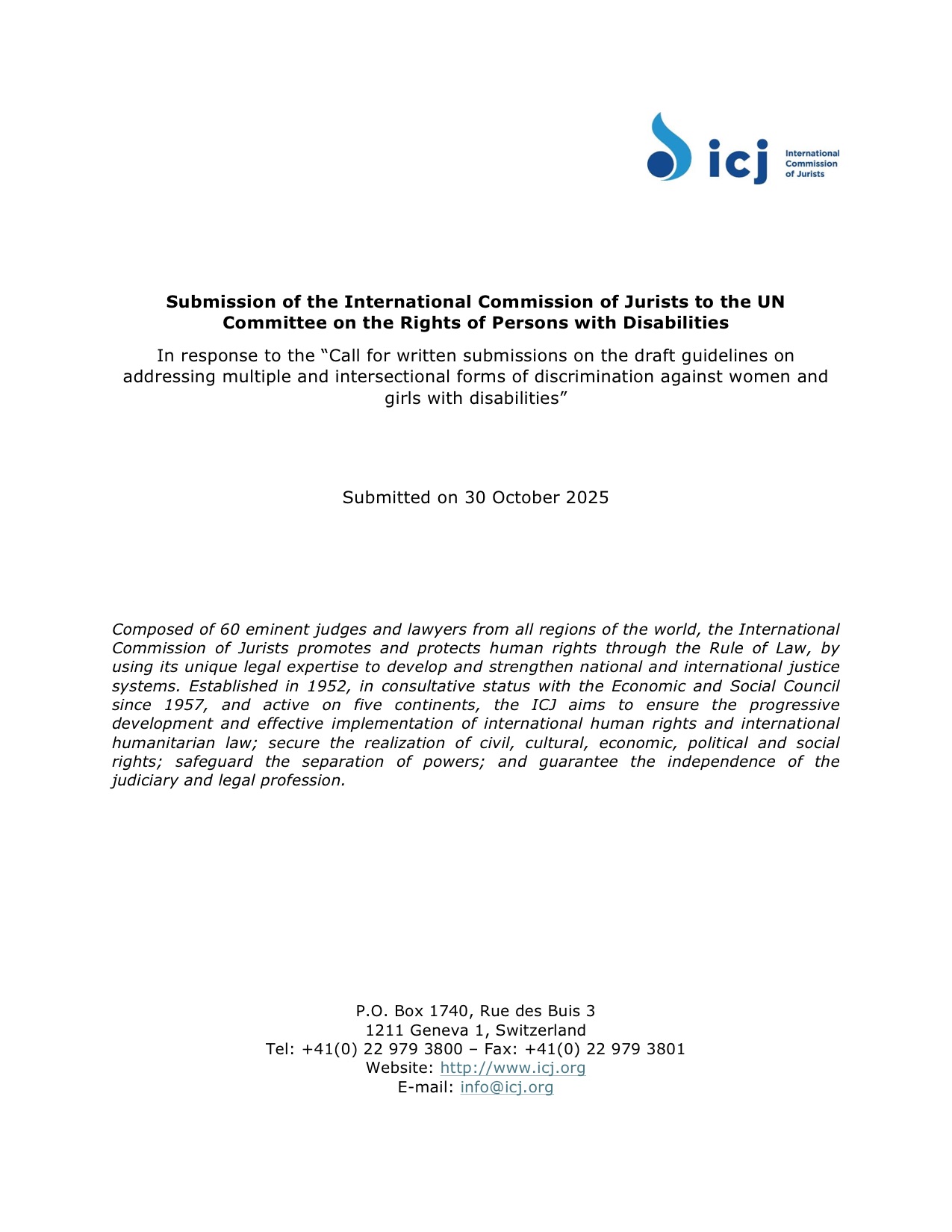





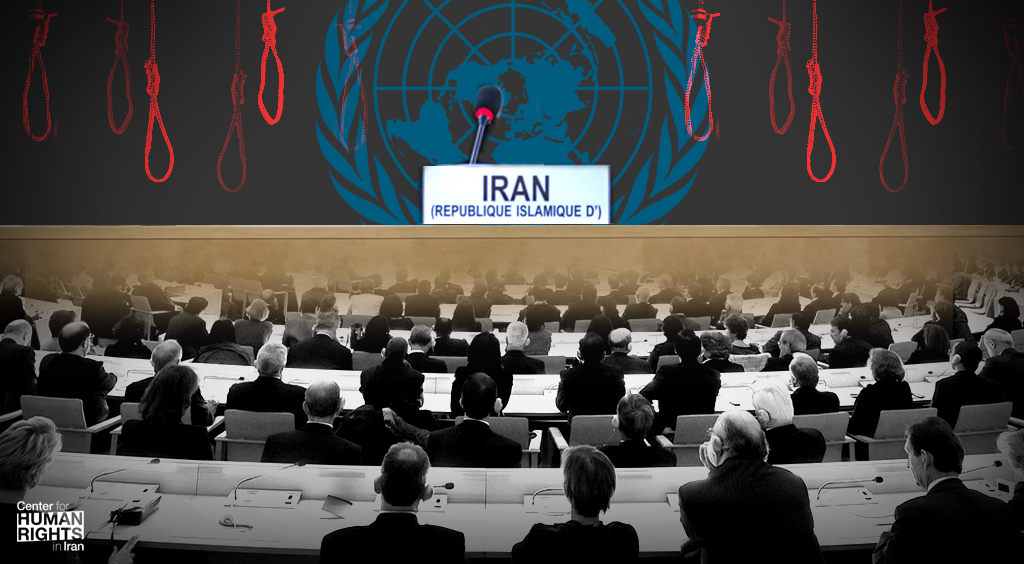
-1920w.png?#)






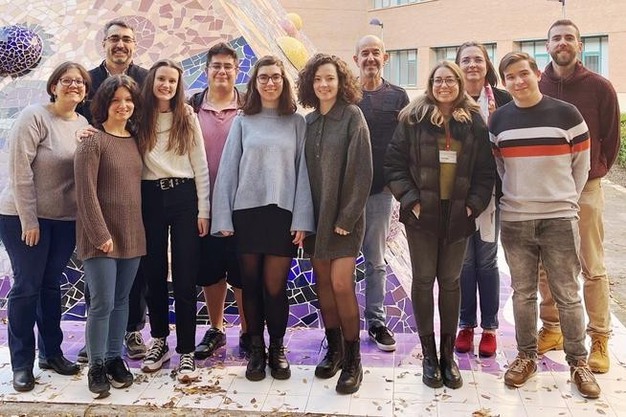
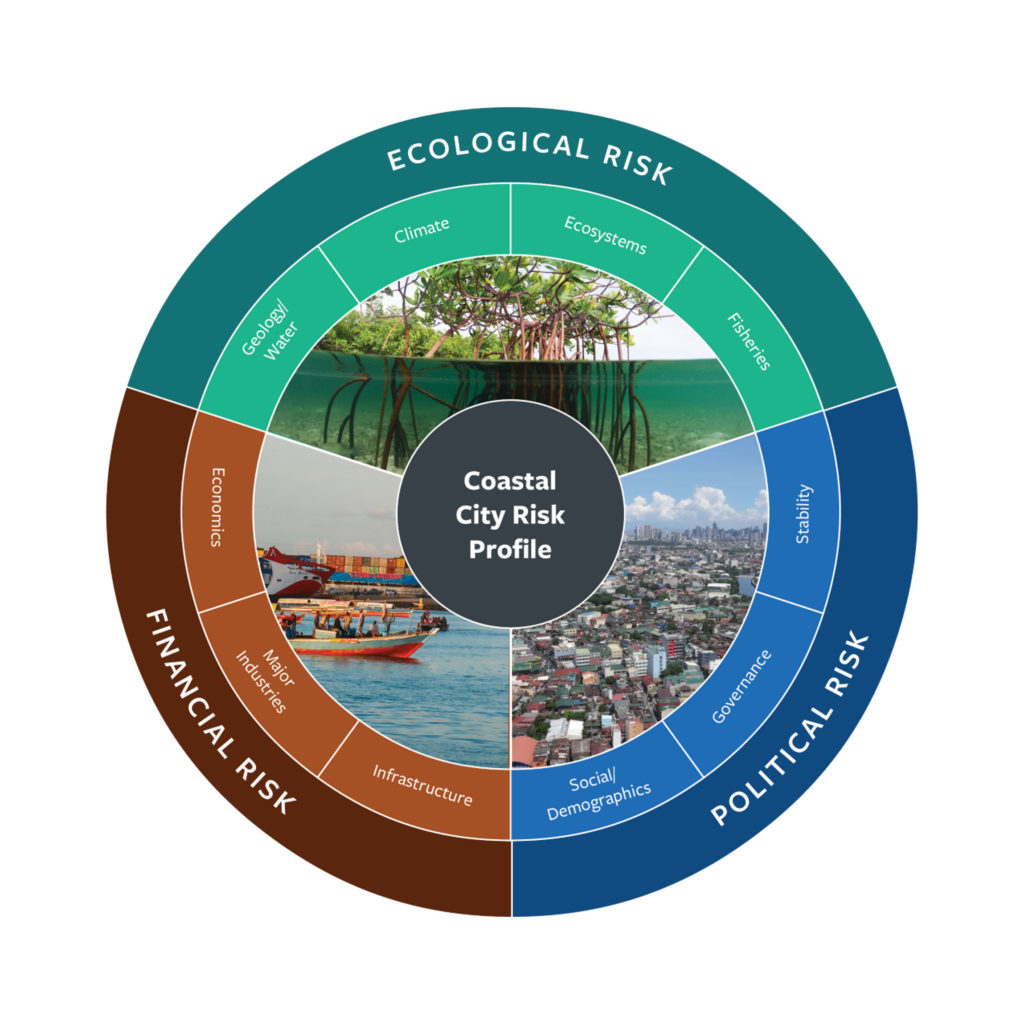







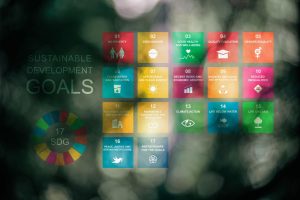






;Resize=805#)
